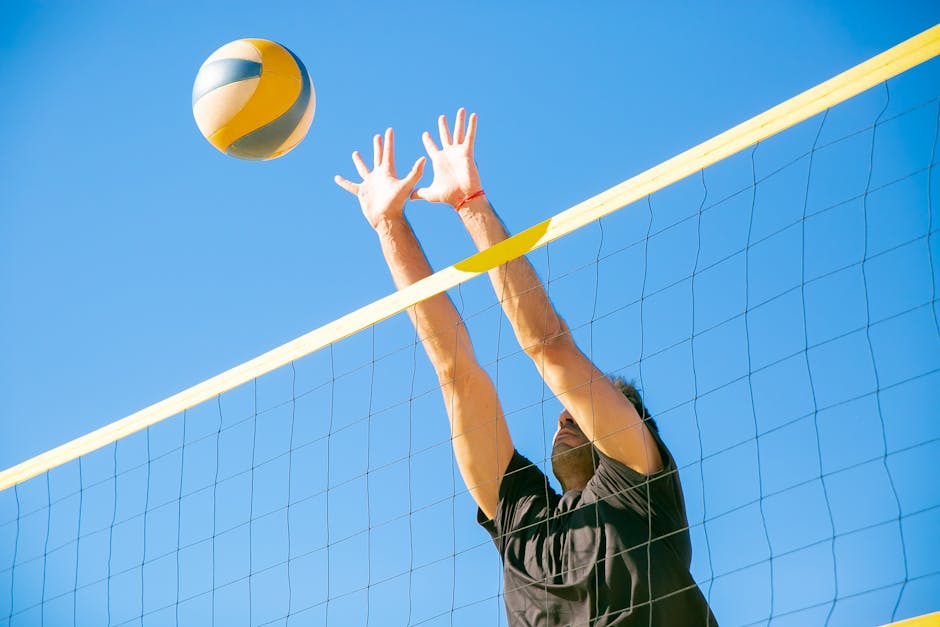
The Highs and Lows of Volleyball: What You Need to Know
Exploring the Benefits and Drawbacks of This Thrilling Sport
Volleyball is a widely enjoyed sport that brings people together on courts and beaches worldwide. With its lively atmosphere, engaging gameplay, and team spirit, it not only serves as a fantastic source of entertainment but also promotes physical fitness and mental well-being. From casual play on the sand to intense indoor competitions, there is something for everyone in this dynamic sport. However, like any physical activity, volleyball has its own set of advantages and disadvantages that players should consider before diving in.
This article delves into the benefits and drawbacks of playing volleyball, shedding light on how it can impact your physical health, social life, and more. Whether you're a seasoned player or a novice interested in learning the game, understanding both sides of volleyball will provide you with the knowledge to make informed choices about your involvement in this sport.
Pros
Volleyball is not just a sport; it's a gateway to numerous health and social benefits. From building muscle groups to fostering teamwork and camaraderie, the advantages of playing volleyball extend far beyond the court. Let’s explore the exhilarating upsides that make volleyball an attractive activity for various age groups and fitness levels.
Missing a pro?
Cons
While volleyball offers many advantages, it also comes with its share of challenges. Understanding the potential drawbacks is crucial for anyone considering playing the sport. Whether dealing with injuries or the competitive nature of the game, here are some disadvantages that aspiring volleyball players should be aware of before stepping onto the court.
Missing a con?
Conclusion
In summary, volleyball presents a compelling mix of benefits and drawbacks that should be carefully considered by anyone interested in playing. On one hand, it offers fantastic opportunities for physical fitness, team building, and mental health improvement. On the other hand, players must remain aware of potential injuries and competitive pressures that can arise. Whether you're looking for a fun recreational activity or aiming to compete at higher levels, being informed about both sides of volleyball will enhance your experience and enjoyment of this dynamic sport.
What do you think?
Do you think the pros outweigh the cons?









